Snail Mucin's Powerful Skincare Benefits
DISCLAIMER:This blog does not intend to provide diagnosis...
- In this article:
- What Is Snail Mucin?
- Benefits of Using Snail Mucin on Your Skin
- Are There Side Effects of Using Snail Mucin?
- Can Snail Mucin Be Used With All Skin Types?
- How to Use Snail Mucin in Your Skin Care Routine
- Is Snail Mucin Cruelty-Free?
- Takeaway
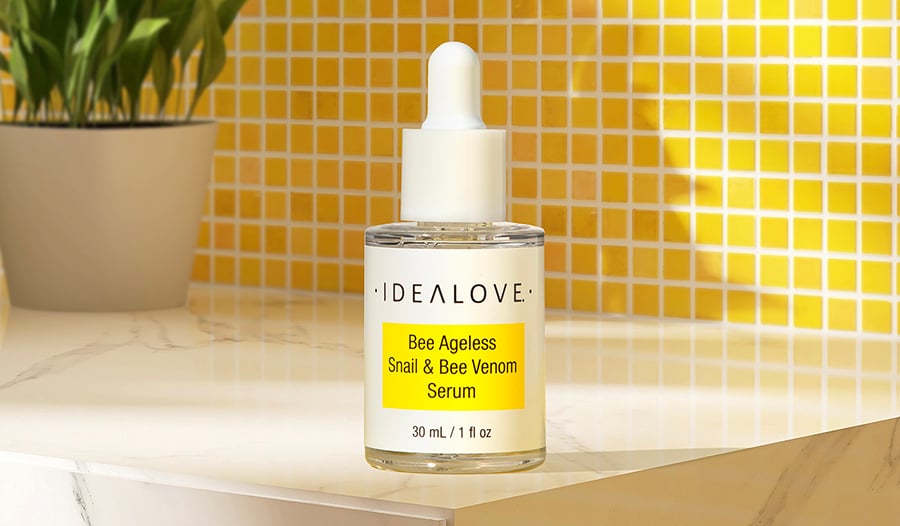
Snail mucin may pique your interest as the most unconventional of all the current skincare trends you may see on social media or hear about from your friends. Snail mucin is touted as a potent ingredient for improving hydration and managing breakouts—two of the most common concerns regarding skincare. So, it’s no surprise snail mucin has crawled its way into the skincare routines of countless women and men hoping for radiant skin.
Read on to learn more about snail mucin, why it has become so popular, and why you may consider adding it to your beauty routine.
What Is Snail Mucin?
With a name like snail mucin, you won’t be surprised to learn that it is the mucus secreted by snails. Mucus serves various functions for these little critters, including as a lubricant to help them stick to surfaces. But the lubricating mucus on a snail’s foot differs from the mucus secreted from a snail’s back. The hydrating and antimicrobial qualities of this type of mucus not only benefit the snail but also help improve human skin quality.
Snail mucin has been trending on social media with its hydrating and antimicrobial qualities. It is commonly incorporated into the lengthy yet effective Korean skincare routines that have their own viral social media following. Though snail mucin is only now becoming popular, its use dates back to Ancient Greece, when it was used to relieve inflamed skin.1
Benefits of Using Snail Mucin on Your Skin
Snail mucin is more than just a TikTok trend. Its hydrating, healing, and antimicrobial qualities make it an invaluable ingredient for your skin. Here are some top benefits of incorporating snail mucin into your regular skincare routine.
Hydration
Poorly hydrated skin can lead to discomfort, flakiness, and enhanced appearance of fine lines and wrinkles. Snail mucin contains hyaluronic acid and peptides, two compounds known for their ability to improve skin hydration. Snail mucin is a potent addition to the ultimate hydrating skincare routine for those with dry skin. In addition to using snail mucin products day and night, hydrate your skin from within by drinking plenty of water and using electrolyte supplements.
Healing
Snail mucin contains proteins that support skin healing and may reduce scarring. Whether you are experiencing general skin irritation or want to improve your skin barrier, snail mucin’s regenerative and reparative properties may help.
Dietary protein is also an important ingredient in healing any body tissue. To support your skin health, ensure you are eating a diet rich in a variety of protein. Protein powder, nuts, and canned fish and poultry are all convenient proteins to add to your diet.
Antimicrobial
Proteins in snail mucus give it antimicrobial properties that may help reduce the likelihood of pimples and acne. Snail mucin also creates a protective layer to keep out microbes that could lead to infection. The exfoliants glycolic acid and lactic acid found in snail mucin may also help unclog pores and reduce oil production involved in acne. If you get pimples, try using a pimple patch to speed up healing and reduce the redness of blemishes.
Are There Side Effects of Using Snail Mucin?
No significant side effects are associated with using snail mucin. Despite this, mindfully introduce new products, like snail mucin, to avoid irritating your skin. Some reports suggest people with shellfish allergies or sensitivities to dust mites could react to snail mucin; however, more research is needed in this area.
Start by applying snail mucin to a small area of your skin to ensure you don’t have a reaction. While side effects from snail mucin are unlikely, other ingredients in a snail mucin product could irritate your skin. If you notice any redness, rash, itching, swelling, or other abnormal reactions, discontinue the use of snail mucin and talk to your dermatologist.
Can Snail Mucin Be Used With All Skin Types?
Most skin types will benefit from using snail mucin. People with dry skin may find snail mucin especially helpful due to its hydrating action. Those with acne-prone or oily skin may also benefit from snail mucin’s antimicrobial and healing qualities. Because snail mucin is gentle on the skin and free of side effects, even those with sensitive skin can tolerate and benefit from its daily use.
How to Use Snail Mucin in Your Skin Care Routine
You can enjoy the benefits of this unique compound by incorporating one of the many snail mucin-containing skin care products available on the market into your skincare routine. Snail mucin serums have a thin consistency and are ideal as the first layer of your skincare routine. Over the serum, you can apply your other favorite products and make-up. Snail mucin is also available in creams and lotions, cleansers, and masks. Each of these products can seamlessly fit into your routine along with non-snail mucin products to help you achieve beautiful skin.
Is Snail Mucin Cruelty-Free?
Not all snail mucin products are created the same, so it is important to look for “cruelty-free” and ethically sourced snail mucin-containing products.
Many manufacturers collect snail mucin without harming the snails. They can even increase mucus output through spa-like treatments and allow snails to crawl on bumpy surfaces. Neither of these methods harms the snail while increasing mucus production. However, other manufacturers use less ethical ways to increase output and collect snail mucus. These include poking the snails, spraying them with sodium chloride, and cracking their shells.1
Takeaway
While many skin care products are tailored to certain skin types, issues, or textures, snail mucin is equally beneficial for a wide variety of skin types and concerns. With its hydrating, antimicrobial, and healing qualities and no known side effects, snail mucin is an excellent addition to any skincare routine—including those for people with sensitive skin.
Try incorporating one of the many snail mucin-containing products on the market to help your skin retain more moisture, decrease acne, minimize fine lines and wrinkles, or help your skin heal with less scarring. Be sure to look for products containing ethically sourced snail mucin to ensure your skincare routine is cruelty-free.
References:
- Singh N, Brown AN, Gold MH. Snail extract for skin: A review of uses, projections, and limitations. J Cosmet Dermatol. 2024;23(4):1113-1121.







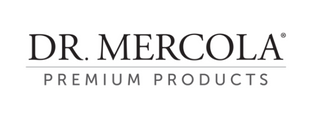
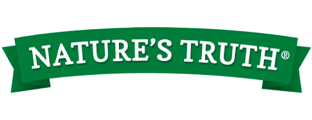





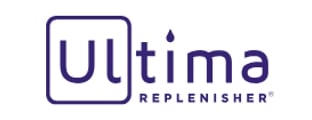
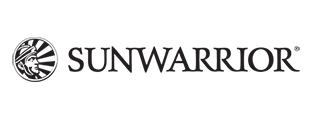

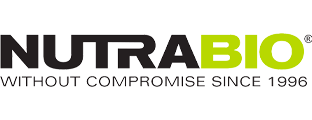
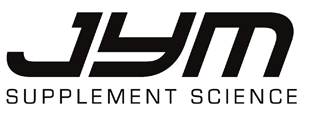

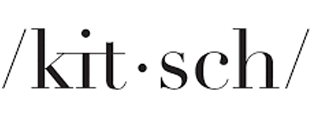



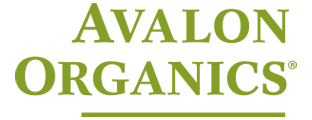

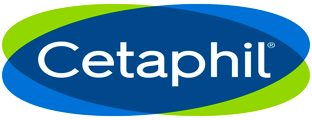




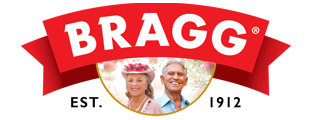
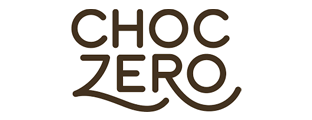
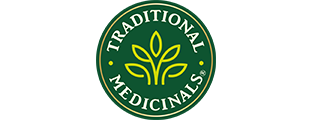
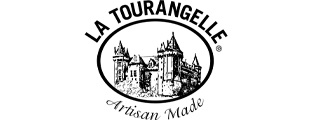





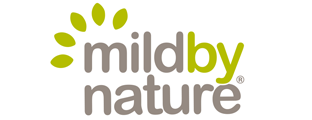




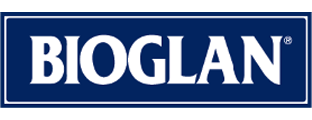



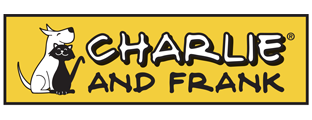

















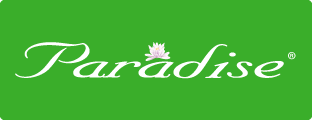

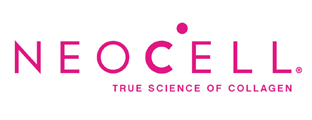
 By Melissa Rifkin, MS, RDN, CDN
By Melissa Rifkin, MS, RDN, CDN